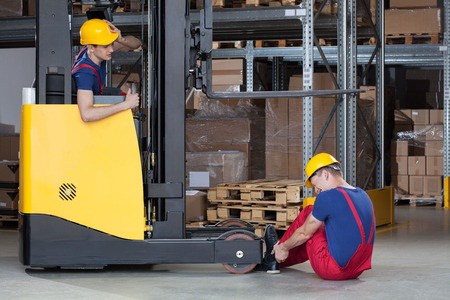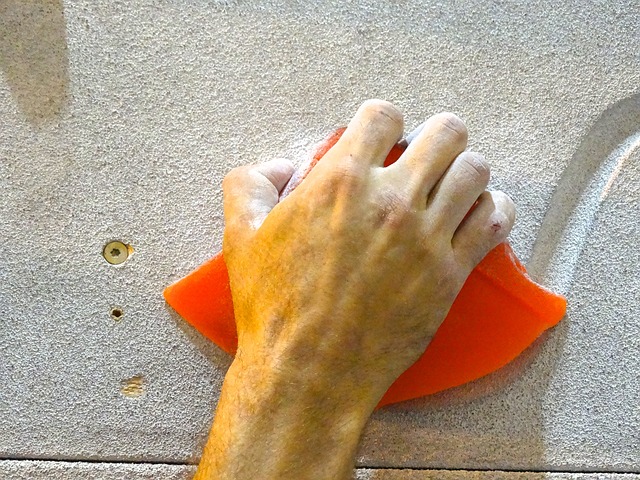The legalization of marijuana in many states — including Illinois — has HR managers scrambling to update their drug policies to deal with marijuana in the workplace. Many policy writers are amending their policies to use phrases like “under the influence of illegal drugs” or “impaired during work time,” or similar. Well-written policies define those terms appropriately.
 But many don’t.
But many don’t.
The assumption many make, at least when it comes to marijuana, is that when the high ends, so does the impairment. Recent (and not-so-recent) studies indicate otherwise, and employers and their workers comp providers should take note.
Impairment in the workplace
A Stanford University study determined that 24 hours after marijuana use pilots have trouble landing planes safely. Fortunately, the study was done on a flight simulator. Key findings:
- Pilots had difficulty landing the plane in the middle of the runway.
- Test subjects misjudged the lateral and elevation levels of the simulator.
- One of the pilots missed the runway entirely.
Worst of all, none of the pilots reported any awareness of impairment.
Oh, and this study took place in 1985. Pilots were given 19 mg of THC, which would be one joint of 1985 pot (~2% THC). In 2015, one joint could easily be 75 mg of THC (15% THC). More THC = longer lasting impairment. Marijuana’s potency is many times stronger now.
Airlines aren’t the only employers at risk for employees’ off-the-job drug use.*
Machine operators, skilled laborers and employees who drive vehicles are potentially unsafe if they smoke marijuana. It’s easily inferred that employees who rely on cognitive sharpness would be likewise impaired.
A more recent experiment at the University of Iowa — also conducted on a simulator — tested drivers after using marijuana and alcohol. The results were predictable in that they had trouble driving drunk or stoned, but the effect was more pronounced when they were both. A key finding though:
Some heavy users had detectable THC in their body for nearly a month, and they performed some tasks worse up to three weeks after they last consumed marijuana.
[emphasis added]What does this mean for employers?
Legalized marijuana is inevitable. We employers have to be diligent, or our employees and businesses will take a hit (so to speak). The good news is that a recent court case in Colorado affirmed an employer’s right to a drug-free workplace. The key is to make sure you have a solid, defensible written policy in place to address marijuana in the workplace. And make sure you test.
*Commercial pilots, fortunately, are randomly tested, as required by the FAA.

